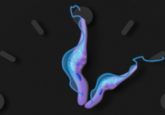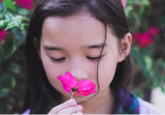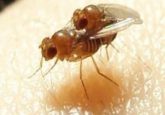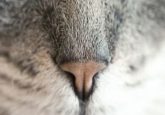Your nose is sleepy in the morning
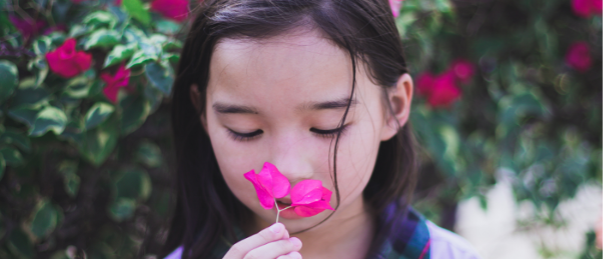
Scientists recently overturned the assumption that smell sensitivity is a fixed trait. In fact, your smelling capabilities differ according to the time of day.
Your internal sleep-awake cycle operates under control of the master clock in the brain, the suprachiasmatic nucleus. However, recent evidence indicates that other independent pacemakers also keep time in the body; the nose could be one of them.
In the journal Chemical Senses, researchers from Brown University (RI, USA) describe how the nose’s sense of smell peaks in the evening, operating at optimum capacity just in time for dinner. But the nose is not an early bird; it operates with reduced sensitivity in the early stages of our daily circadian cycle.
These results fit into a larger study investigating a link between decreased smell sensitivity and obesity in adolescents. To examine how circadian cycles affected teenagers’ dining experience, the researchers shifted the teenage participants onto a 28 hour day. Keeping the teenagers awake and entertained in a subterranean setting for the long desynchronized days proved a major challenge. “The protocol is labor intensive for the people physically running the study and very grueling for the kids,” commented lead author Rachel Herz
During the 7 day forced desynchrony protocol, the teenagers’ smell sensitivities were tested regularly using ‘sniffin’ sticks.’ “They were exposed to increasing concentrations of an odorant that smells like rose and the point of where they detected it from was recorded,” explained Herz. And to prevent dozing during the sniffin’ stick test, the researchers swapped the usual blindfolds for a partition.
Shifts in circadian phase between adolescence and adulthood might alter the average daily time of peak sensitivity, but Herz doesn’t expect this to drastically change the pattern identified in the study. “From an olfactory physiology perspective, there is no reason to presume that there would be any difference between adolescents and adults,” Herz said.
This fluctuation in an individual’s ability to smell suggests that scientists conducting olfactory research and clinical protocols should plan consistent testing times to avoid inconsistent results. “It underscores the importance in our modern day of having auditory smoke and fire alarms,” said Herz. The researchers also noted high individual variability in olfactory peak acuity, with individual noses running on slightly different schedules of sensitivity.
The underlying reasons for the daily variation in smell sensitivity may lie in our Neanderthal roots. For instance, did increased smell sensitivity aid in predator detection as light faded in the evening? Did it aid our female ancestors in electing a partner with the most attractive odor at the most common time of day for mating? “Is one of the reasons that dinner is maintained as the main meal because people are getting the most enjoyment from food with their heightened ability to detect aromas at that time?” said Herz.
“The facts of the field have been changed and there is a big world of new research that can be done on the basis of this,” concluded Herz. Does taste sensitivity also change with circadian rhythm? If so, does taste fit the same daily pattern as smell sensitivity? Hopefully some of these questions will be answered on the completion of the larger study.
